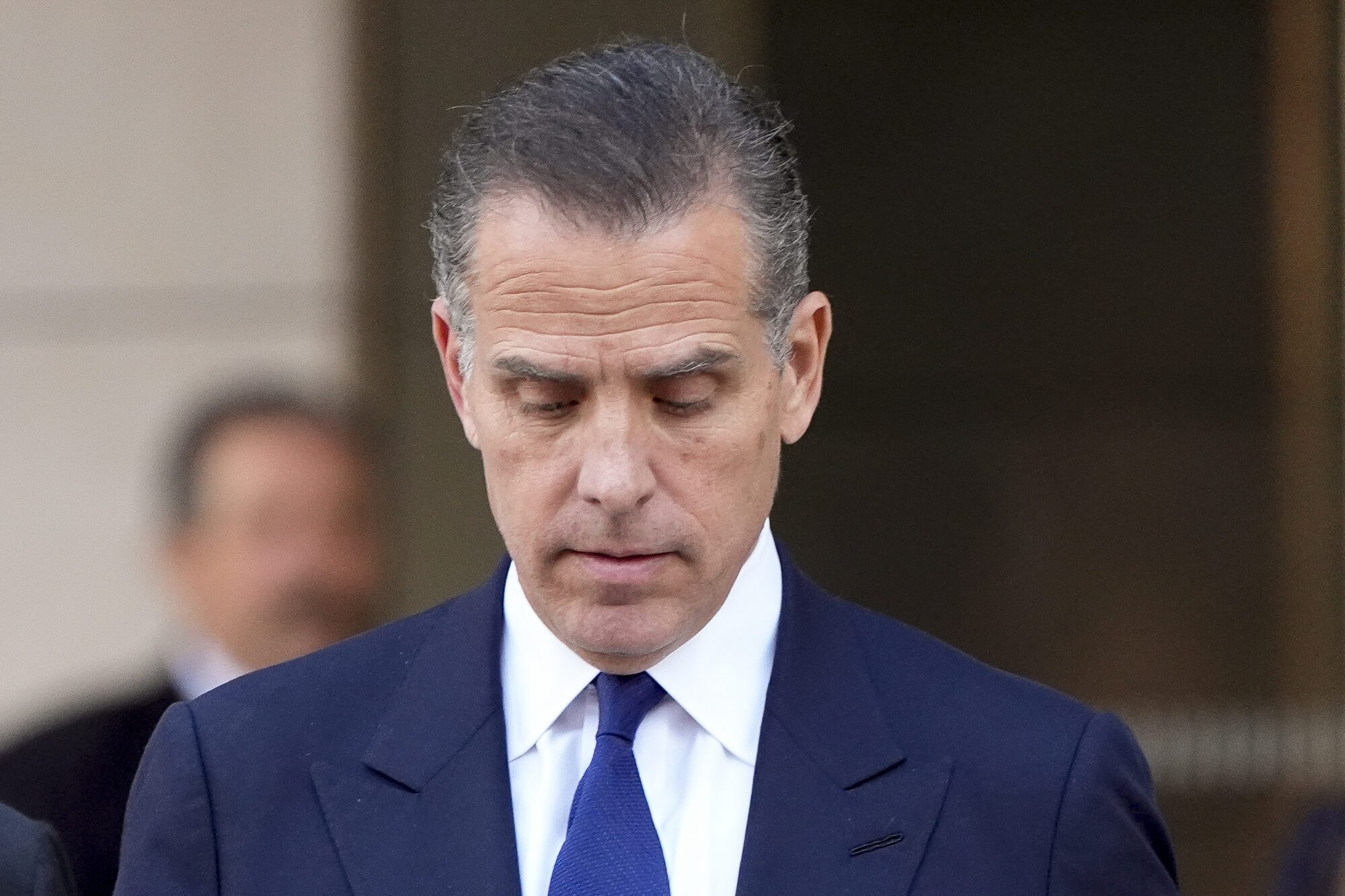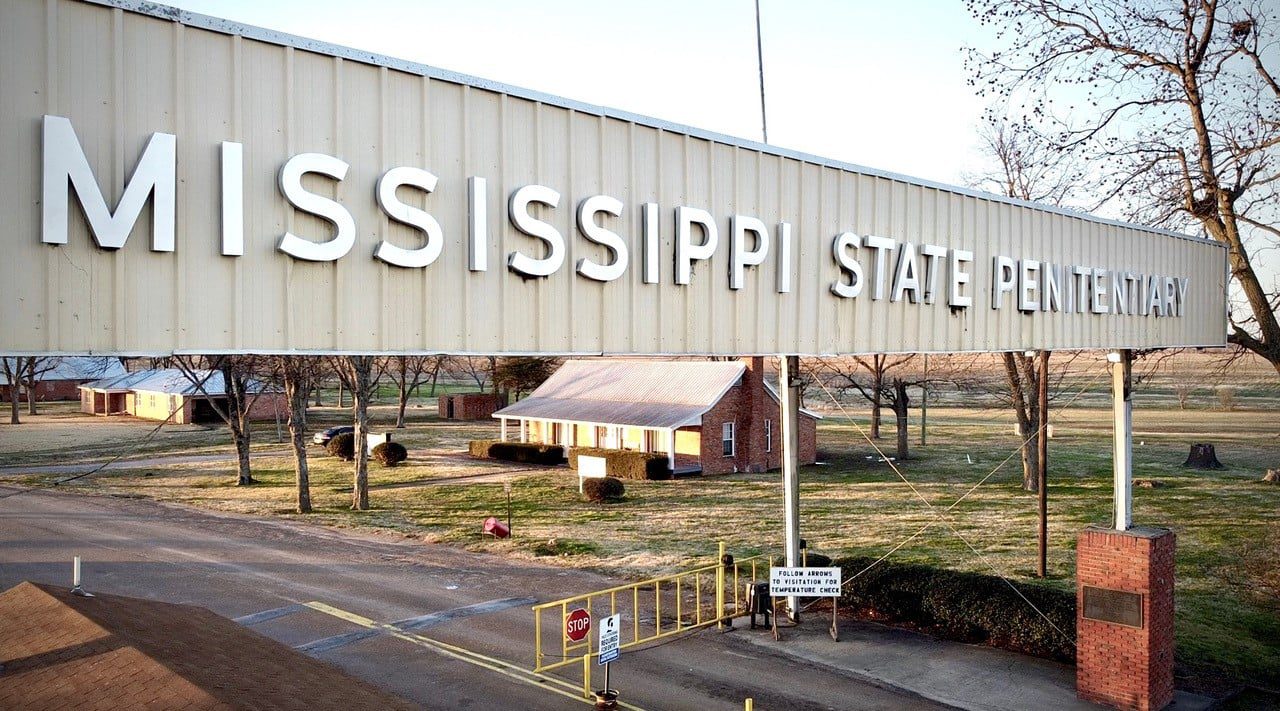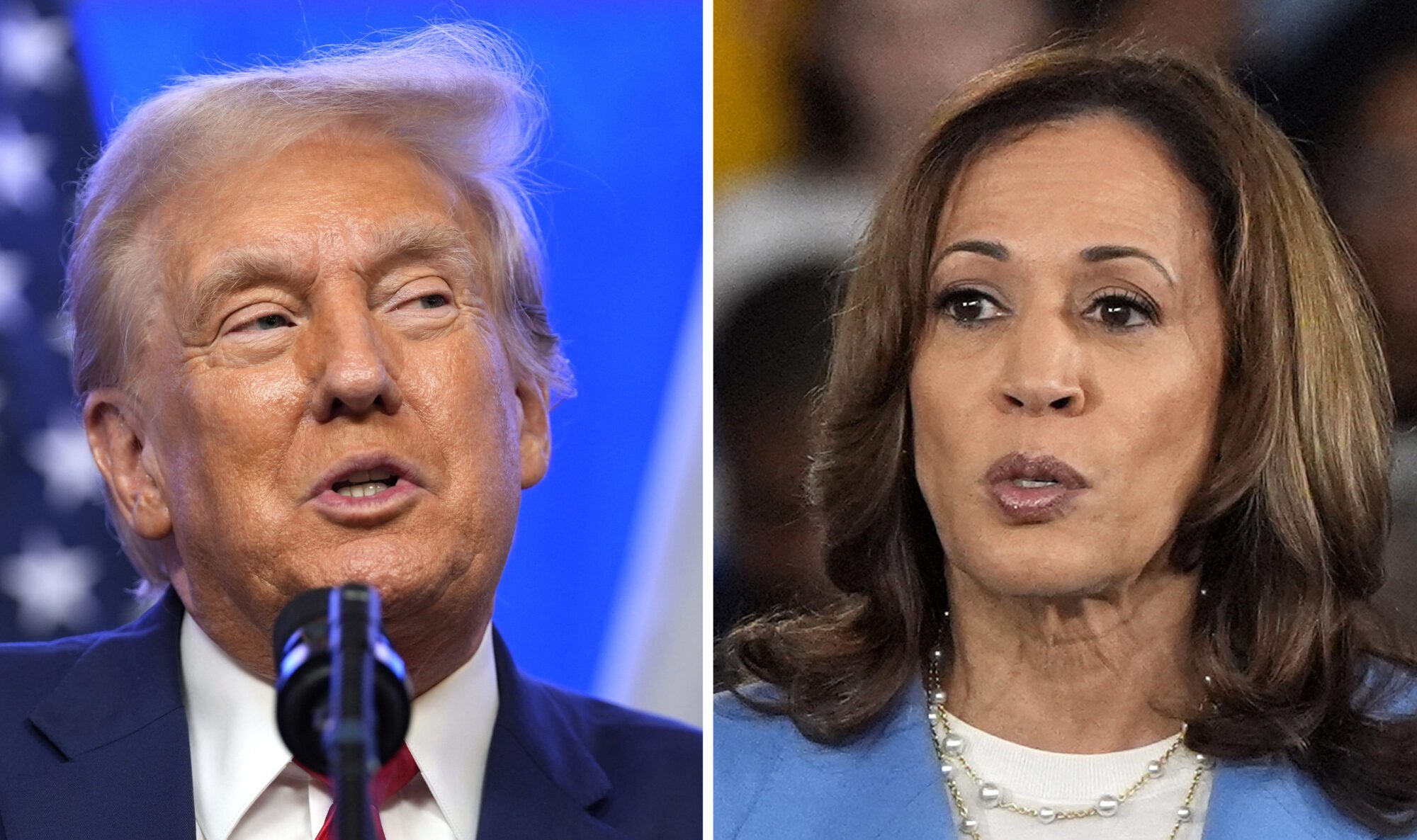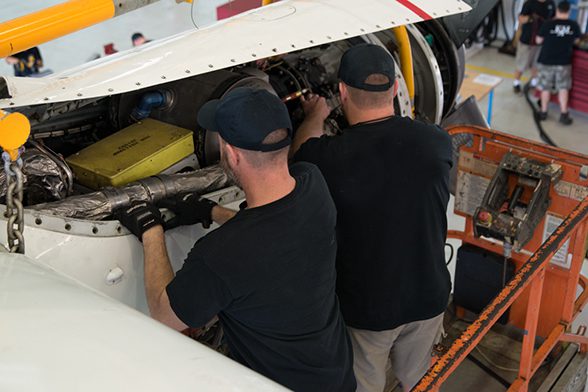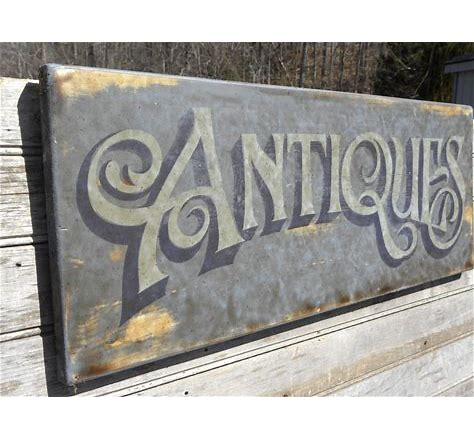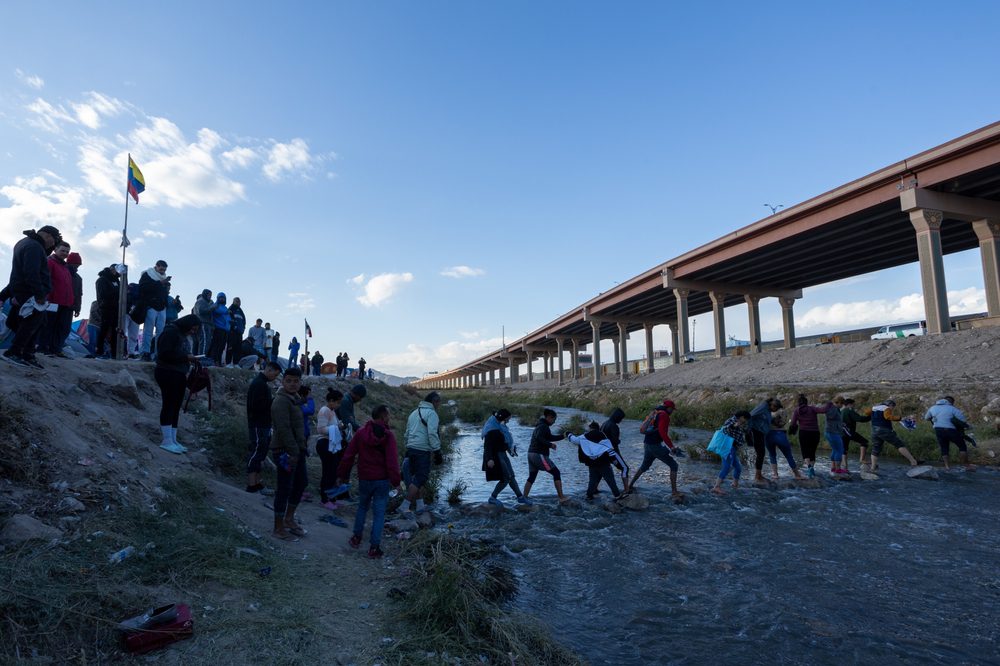At a later 1995 U.N. special session on the Nuclear Non-Proliferation Treaty, Zahawie was the Iraqi delegate and spoke heatedly about the urgent need to counterbalance Israel’s nuclear capacity. At the time, most democratic countries did not have full diplomatic relations with Saddam’s regime, and there were few fully accredited Iraqi ambassadors overseas, Iraq’s interests often being represented by the genocidal Islamist government of Sudan (incidentally, yet another example of collusion between “secular” Baathists and the fundamentalists who were sheltering Osama Bin Laden). There was one exception – an Iraqi “window” into the world of open diplomacy – namely the mutual recognition between the Baathist regime and the Vatican. To this very important and sensitive post in Rome, Zahawie was appointed in 1997, holding the job of Saddam’s ambassador to the Holy See until 2000. Those who knew him at that time remember a man much given to anti-Jewish tirades, with a standing ticket for Wagner performances at Bayreuth. (Actually, as a fan of Das Rheingold and G?tterd?mmerung in particular, I find I can live with this. Hitler secretly preferred sickly kitsch like Franz Lehar.)
In February 1999, Zahawie left his Vatican office for a few days and paid an official visit to Niger, a country known for absolutely nothing except its vast deposits of uranium ore. It was from Niger that Iraq had originally acquired uranium in 1981, as confirmed in the Duelfer Report. In order to take the Joseph Wilson view of this Baathist ambassadorial initiative, you have to be able to believe that Saddam Hussein’s long-term main man on nuclear issues was in Niger to talk about something other than the obvious. Italian intelligence (which first noticed the Zahawie trip from Rome) found it difficult to take this view and alerted French intelligence (which has better contacts in West Africa and a stronger interest in nuclear questions). In due time, the French tipped off the British, who in their cousinly way conveyed the suggestive information to Washington. As everyone now knows, the disclosure appeared in watered-down and secondhand form in the president’s State of the Union address in January 2003.
If the above was all that was known, it would surely be universally agreed that no responsible American administration could have overlooked such an amazingly sinister pattern. Given the past Iraqi record of surreptitious dealing, cheating of inspectors, concealment of sites and caches, and declared ambition to equip the technicians referred to openly in the Baathist press as “nuclear mujahideen,” one could scarcely operate on the presumption of innocence.
